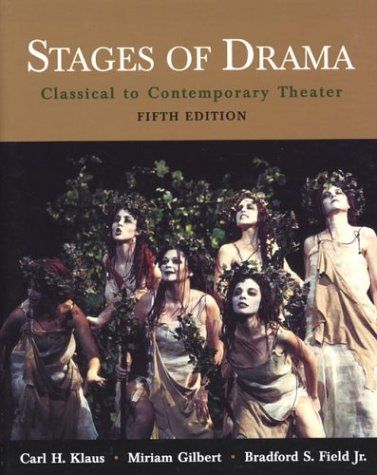The world of theater has undergone a dramatic transformation over the centuries, evolving from the classic plays of ancient civilizations to the modern and innovative dramas of today. In this article, we will explore the rich history of theater and how it has adapted and changed to reflect the ever-changing society in which we live.
Ancient Theater: The Birth of Drama
Theater has its roots in ancient civilizations, with the Greeks and Romans being credited as the founders of the art form. In ancient Greece, theater was a key component of religious and cultural festivals, with playwrights like Sophocles and Euripides creating timeless works such as Oedipus Rex and Medea. The Romans also made significant contributions to theater, with playwrights like Plautus and Terence writing popular comedies and tragedies.
The Renaissance and Shakespeare
After a period of decline following the fall of the Roman Empire, theater experienced a revival during the Renaissance. The Elizabethan era in England saw the rise of one of the greatest playwrights in history, William Shakespeare. His works, including Hamlet, Romeo and Juliet, and Macbeth, are still performed and studied today, showcasing the timeless themes and complex characters that have made Shakespeare a household name.
The Rise of Modern Drama
As society evolved, so too did theater. The 19th and 20th centuries saw the emergence of modern drama, with playwrights like Henrik Ibsen, Anton Chekhov, and Tennessee Williams pushing the boundaries of traditional theater. Ibsen’s A Doll’s House and Chekhov’s The Cherry Orchard were groundbreaking in their exploration of social issues and psychological depth, while Williams’ A Streetcar Named Desire and The Glass Menagerie captured the complexities of human relationships.
Experimental Theater and Avant-Garde Movements
In the 20th century, theater became a platform for experimentation and innovation. Avant-garde movements like Surrealism, Expressionism, and Absurdism challenged traditional notions of storytelling and form. Playwrights like Samuel Beckett, Eugène Ionesco, and Harold Pinter ushered in a new era of theater that focused on the absurdity of life and the breakdown of communication.
Contemporary Theater: Adapting to the Digital Age
Today, theater continues to adapt and evolve in response to technological advancements and changing audience preferences. Digital platforms like streaming services and social media have allowed theater companies to reach a wider audience and experiment with new forms of storytelling. Immersive theater experiences, interactive plays, and virtual reality performances have become increasingly popular, blurring the lines between traditional and modern drama.
The Future of Theater: Innovation and Creativity
As we look to the future, it is clear that theater will continue to reinvent itself and push the boundaries of what is possible. With advancements in technology and a growing emphasis on inclusivity and diversity, the possibilities for new and exciting forms of storytelling are endless. Whether through traditional stage productions or cutting-edge digital experiences, theater will always have the power to captivate and inspire audiences around the world.
In conclusion, the evolution of theater from classic plays to modern drama is a testament to the enduring power of storytelling. As we celebrate the rich history of this art form, we must also embrace the endless possibilities that lie ahead. The theater will continue to evolve and adapt, reflecting the ever-changing world in which we live.

